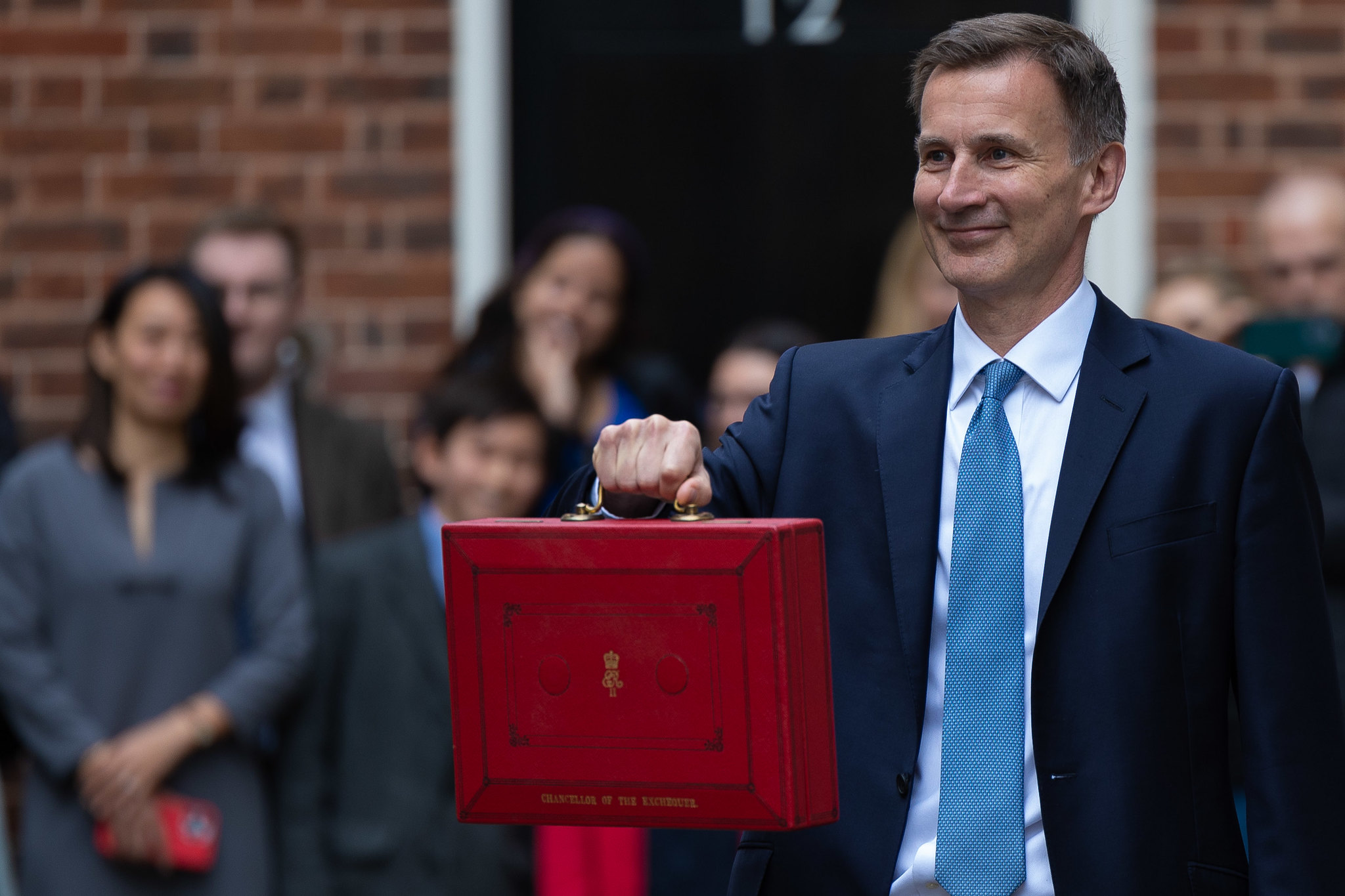The UK government has unveiled its latest policy to tackle “small boat” crossings – one of five key priorities of the Sunak government. Yet the solutions proposed are nothing new, as they seek to emulate what has long been Australian policy towards asylum seekers. Far from being a simple and effective transferable solution, Tamara Tubakovic, Philomena Murray and Margherita Matera explain why such a policy solution is ill-suited to the UK context and therefore unlikely to succeed.
According to a new plan unveiled on 7 March by Home Secretary Suella Braverman, all asylum seekers who arrive without authorisation – what the government terms “illegally” – will be detained in new sites operated by the government, without recourse to judicial review, for 28 days. The law would also require the Home Secretary to deport all asylum seekers either to their own country or a “safe third country” if that is not possible. The message is clear: the UK is taking back control of its borders, in a remarkably crude populist manner.
The announcement is the latest iteration of the government’s plan to deal with two issues that require a humane resolution. These are, firstly, the need to lighten the enormous backlog of asylum cases that remain without a decision, which, according to the Institute for Government, has increased by 408 per cent since December 2017. Second, the severe overcrowding in detention centres, with widespread serious concerns about ensuring humane condition in these sites of containment.
Despite immediate and substantial criticism, Braverman has described this new plan as “robust and novel.” However, as we argue in our forthcoming article in the Journal of Refugee Studies, the UK government’s latest policies towards asylum seekers is neither robust nor novel – and definitely not humane.
Australian influence on UK migration policy
Far from a novelty, the UK’s strategy of “stopping the boats” appears as a carbon copy of Australia’s “stop the boats” policy, which it has pursued relentlessly for over three decades. Our analysis shows that the Australian “model” of offshore detention and processing has been utilised and justified as a key source of policy learning in the UK.
In the period leading up to the introduction of the UK’s Nationality and Borders Act last year, Australia’s offshore processing was a reference point or even template for the government. According to a Guardian report, an internal government document requested Foreign Office officials to “offer advice on possible options for negotiating an offshore asylum processing facility similar to the Australian model in Papua New Guinea and Nauru.” It was reported that the UK Home Office studied Australia’s offshore detention policy to assess its viability, and that former UK Minister for Immigration, Chris Philp, spoke with Michael Outram, then Australian Border Force Commissioner in June 2020 to “learn more about Australia’s approach”.
Moreover, the appointment of former Australian Foreign Minister Alexander Downer, a key architect of Australia’s offshore policy, to lead the review of the UK’s border force, strongly suggests an increasing alignment with Australia’s harsh pushback and deterrence policies. Alexander Downer has publicly stated that the agreement with Rwanda “is a good solution” to prevent boat arrivals from settling in the UK. The latest decision to block all routes to the UK for those who arrive by boat echoes statements by Australian politicians that “settlement in Australia will never be an option for anyone who attempts to travel to Australia illegally by boat”.
The latest decision to block all routes to the UK for those who arrive by boat echoes statements by Australian politicians.
Both Australia and the UK have been preoccupied with determining who is “legal”, and who is not, by framing their narrative around so-called legal routes to entry and thus undermining the right to seek asylum – even criminalising any attempt outside of these approved pathways. In response to the UK’s latest policy, the UNHCR released a statement in which it noted, that if passed, the legislation “would amount to an asylum ban” as “most people fleeing war and persecution” have no access to “safe and ‘legal’ routes”.
The UK’s policy of “stop the boats” is neither novel nor robust
In a world where policymakers are risk-averse and lack full information to develop solutions to complex, high stakes problems, they often look to other countries. But, as scholars of public policy have shown, the failure to learn appropriately, however, can lead to poorly designed and counter-productive policies.
One form of failure is “dissonance reduction”, whereby policymakers are more likely to select “successful” cases of learning that align with, or do not challenge, pre-existing stances. A recent article by Derek Beach, David Schafer and Sandrino Smeets shows how causal lessons of “what worked” in one context are transferred to the current target case, but where contextual differences, which might make these lessons learned inappropriate, are discounted.
We identify contextual differences that demonstrate why the application of the Australian “model” in the UK might result in failure.
UK faces legal barriers, capacity issues and a lack of willing partners
Firstly, offshore policy relies heavily on the cooperation of third countries. Australia has negotiated offshore deals with neighbours in the Pacific and has a long history of actively shaping migration governance in the Asia-Pacific. The UK’s neighbouring European states are quite reluctant to support the UK efforts to externalise its policies. Moreover, the success of the UK’s plan rests on securing further third-country agreements for deportation. Yet questions remain which “safe third countries” the UK could sign these agreements with.
Secondly, the failed Rwanda deportation flight on 14 June 2022 calls into question the viability of policy learning across different legal contexts. The UK remains party to the European Convention of Human Rights (ECHR) and thus faces several legal constraints and challenges which do not inhibit Australian policymakers. Australia has no Human Rights Charter, and it is not party to any legal equivalent to the ECHR.
Thirdly, the difference in the scale of the “problem” means that some solutions may be ineffective or unworkable. In the Australian context, the peak number of asylum seekers arriving just prior to the adoption of its offshore policy in 2001 was 5,516. Before reinstating its offshore policy in 2012, the number of arrivals peaked at 17,204. The Refugee Council of Australia reports that 4,183 people were sent to Nauru and Papua New Guinea since offshore processing was reinstated on 13 August 2012. This is one tenth of the 2022 figure of 45,755 people who crossed the Channel into the UK. Modelling provided for the former Home Secretary Priti Patel suggests that thousands would need to be deported for the plan to have its deterrent effect – assuming deterrence would work. Yet, the reported capacity for offshoring asylum seekers to Rwanda is 200.
Policymakers need to look at the evidence
Contextual differences are not the only problem with the UK’s learning from the Australian case, however. There has also been a failure to draw appropriate lessons about the actual effects of detention and offshore processing, which put into question the alleged success of Australia’s model.
Firstly, there are significant financial costs of operating these type of deterrence systems with offshore detention and processing. Secondly, offshore processing has caused extensive physical, health and psychological harms to asylum-seekers and refugees. Thirdly, there are significant human costs in closing off potential legal pathways and in incentivising even more dangerous journeys. Fourthly, the deterrent effect is overstated. There is evidence that this in fact does not work, and asylum seekers will continue to arrive – especially when they cannot access safe and legal pathways.
What is sorely lacking at the political level is a robust, evidence-based, discussion of the real issues with the UK’s overburdened asylum system. The UK government itself has recognised that core problems with its asylum backlog relate to the complexity of cases; the paperwork produced by asylum seekers; the limited resources to process applications; and the appeals against initial decisions, which often arise due to incorrect negative decisions in the first instance.
Despite a 62 per cent increase in case workers over the past decade, decision-making rates have decreased by the same amount. A 2021 report by the Institute for Government identified some of the factors contributing to this decline in productivity, such as a shortage of technical specialist staff, inadequate training for asylum interviews, and low morale and high turnover owing to intense pressure on employees.
There is a clear mismatch here between what experts show to be the problem, and the solutions being pursued by the government. Given evidence that the majority of arrivals seeking asylum in the UK are found to be genuine refugees, the government’s tunnel vision over bogus asylum seekers is distracting from the development of novel and robust solutions to what is, in effect, a crisis of governance.
The government is engaging in corrosive narratives and seeking to enact cruel policies for populist political gain.
This crisis of governance reflects a lack of political will to seek a humane solution, to examine the push factors of asylum-seeking. The government is engaging in corrosive narratives and seeking to enact cruel policies for populist political gain. Replicating Australia’s callous cruelty will undermine the UK’s status as a liberal democratic state and its commitment to its international legal obligations. The fact that Braverman has acknowledged that the policy is “more than 50 per cent” likely to break human rights laws, and yet is prepared to push the policy through demonstrates the lengths to which the government is prepared to go to achieve its political goals.
All articles posted on this blog give the views of the author(s), and not the position of LSE British Politics and Policy, nor of the London School of Economics and Political Science.
Image credit: Photo by Catholic Church of England and Wales, Attribution-NonCommercial-NoDerivs 2.0 Generic (CC BY-NC-ND 2.0)






